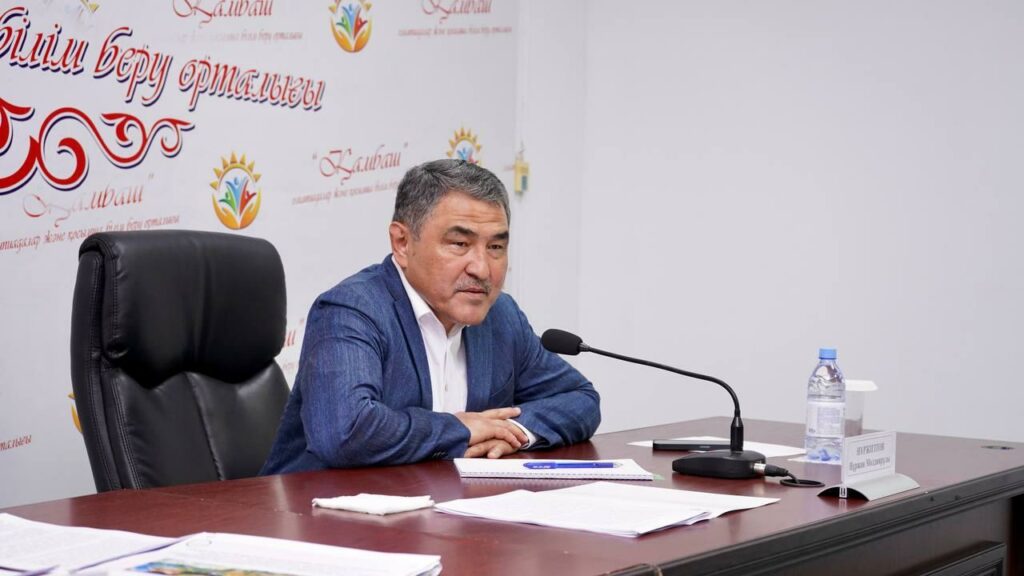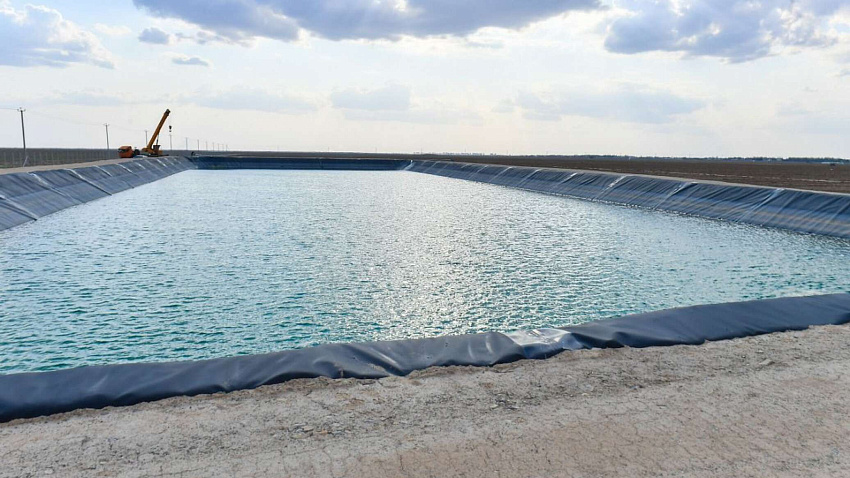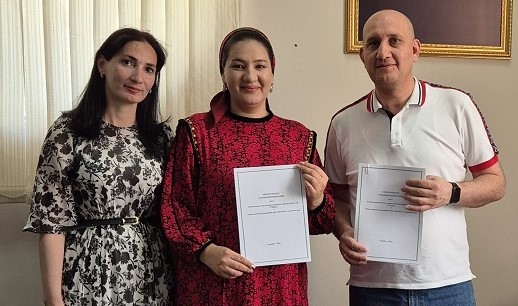Negative climate change in the Central Asian region is becoming more and more noticeable every year: more frequent droughts, rising temperatures, winter warming, spring frosts, and sharp fluctuations in temperature and precipitation. Naturally, this affects the state of agriculture and the wealth of the population.
The decrease in yield is associated with frosts, high temperatures, water shortages, strong winds, floods, mudflows, and downpours. In addition, sharp warming in winter, low temperatures, and humidity in spring encourage the spread of diseases and pests among plants. For Tajikistan, with a sharply continental and arid climate, the issue of timely adaptation is especially relevant in the context of modern climatic realities.
Moreover, only 7% of the country’s territory falls in the valley part, and the rest is mountains. In 2020, the Regional Environmental Centre for Central Asia (CAREC) received additional funding from the Green Climate Fund (GCF) to continue the work started in 2015 on the provision of climate investments in Tajikistan and Uzbekistan within the framework of the project “Climate Adaptation and Mitigation Program for the Aral Sea Basin Additional Funding” (CAMP4ASB AF). CAREC is implementing the CAMP4ASB AF project together with EC IFAS with the financial support of the World Bank and the Green Climate Fund.
CAMP4ASB provided grants for farmers in Tajikistan living in climate-vulnerable regions of the country. To date, 38,300 people have been enrolled in Tajikistan, of whom 50 per cent are women. The total area of the subprojects was 13,200 hectares, and over 19,000 jobs were created.
“When selecting farms, we, first of all, took into account the high degree of vulnerability of the area to climate change and the level of insecurity and vulnerability among the villagers,” says Irina Bubenko, Knowledge Management Specialist of the CAMP4ASB AF CAREC project.
The districts were selected by the justification presented in the National Strategy for Adaptation to Climate Change of the Republic of Tajikistan. In the Gorno-Badakhshan Autonomous Region, the districts of Darvaz and Ishkoshim were chosen, in the Khatlon region – Dangara and Vose, in the Sughd region – Devashtich and Kanibadam. Among the Districts of Republican Subordination (DRS) are Lakhsh and Nurobod.
The CAMP4ASB project helped rural people adapt their agricultural activities to climate change in such a way as to obtain high yields and successfully engage in animal husbandry.
Thanks to the project activities, the most climate-vulnerable areas were transferred to climate-resilient agriculture, land, and water management.
Thus, in areas with water scarcity, drip irrigation was implemented, which saves water by three times compared to conventional irrigation. Water is supplied gradually in small doses and evenly moistens the soil. For plants, such a supply is much better than moisture drops. Drip irrigation allows you to moisturize almost any terrain. Drip tapes can be stretched over the area with hills, depressions, and level differences. Along with water, fertilizers can also be fed to reduce consumption, as they will immediately get to the roots. With drip irrigation, water goes directly to the plant’s root system without moistening the soil between the beds, and it reduces weeds.


The CAMP4ASB project also helped the residents of Humdon, Jirgatal, Lolazor, A. Avazov, Mugiharf, Safedchashma, Lakhshi Bolo, Pushing, M. Mahmadali to take into account all climate risks to increase the viability of animals and birds, as well as preserve and increase the harvest.


In the summer of this year, the CAMP4ASB project carried out an initial assessment of its subprojects. As a result, it was found that 95% of the implemented projects can be considered successful, as they contributed to strengthening food security and community resilience to climate change.
For more information, contact CAREC CAMP4ASB Knowledge Management Specialist Irina Bubenko, email: ibubenko@carececo.org
Photo: Sanjar Mustafin, CAREC



